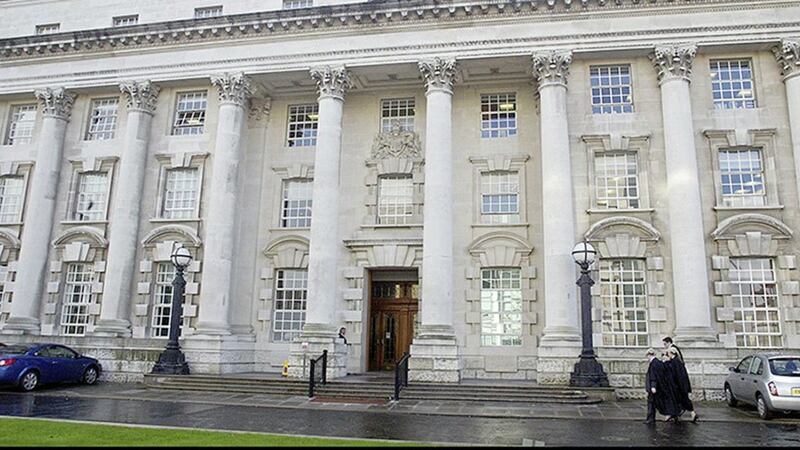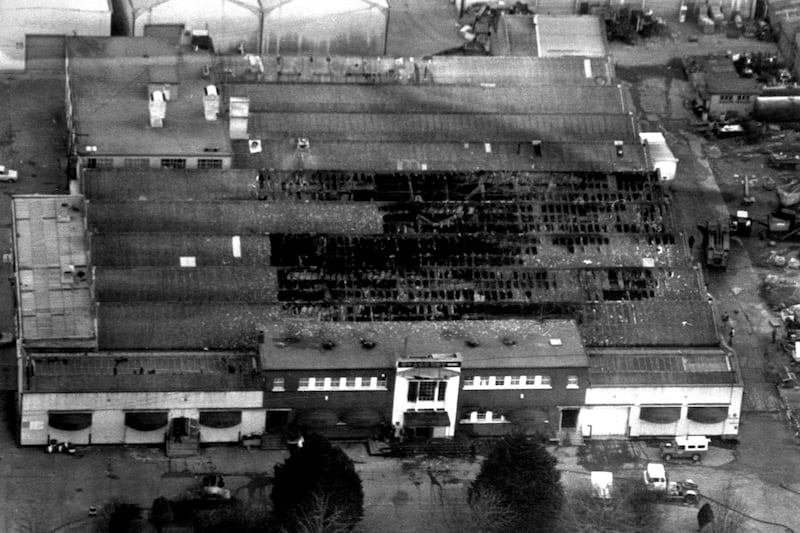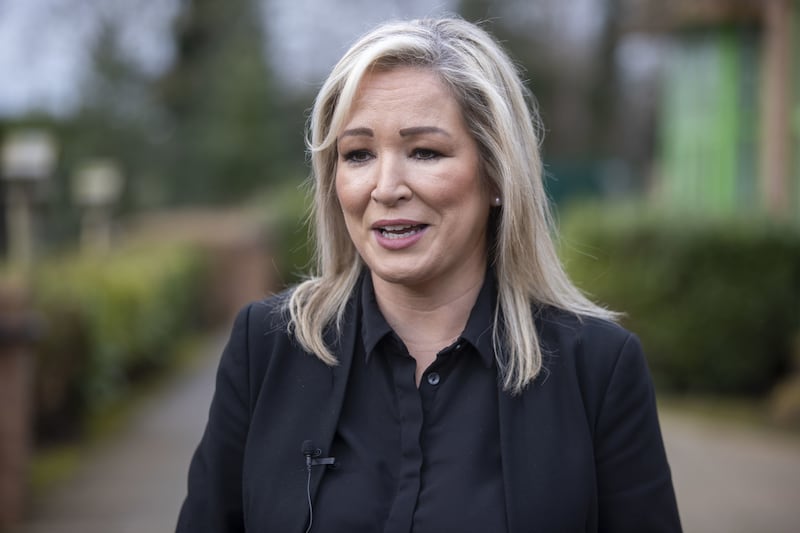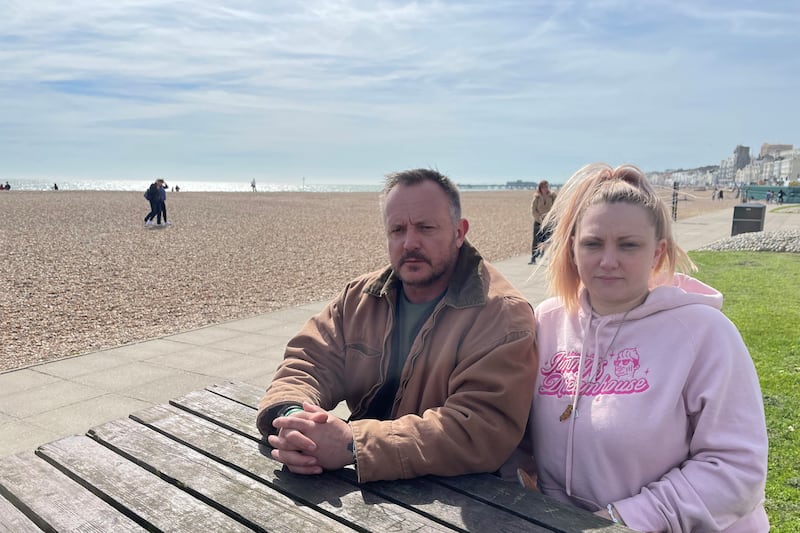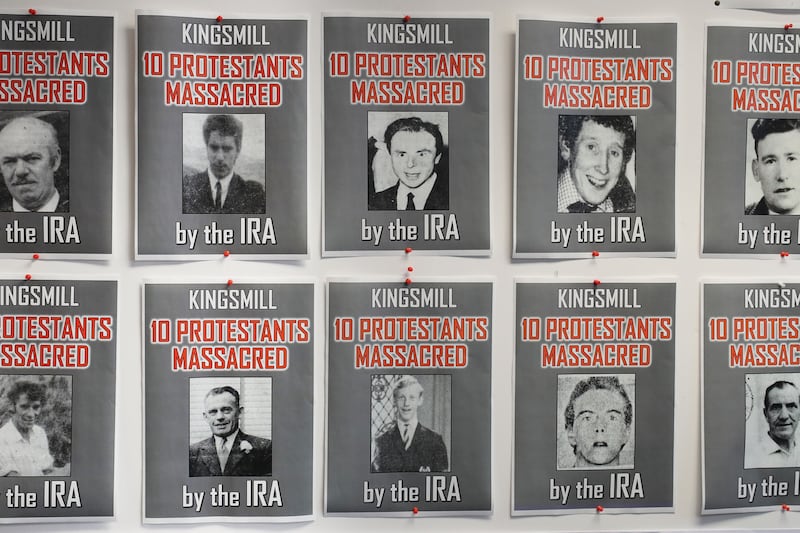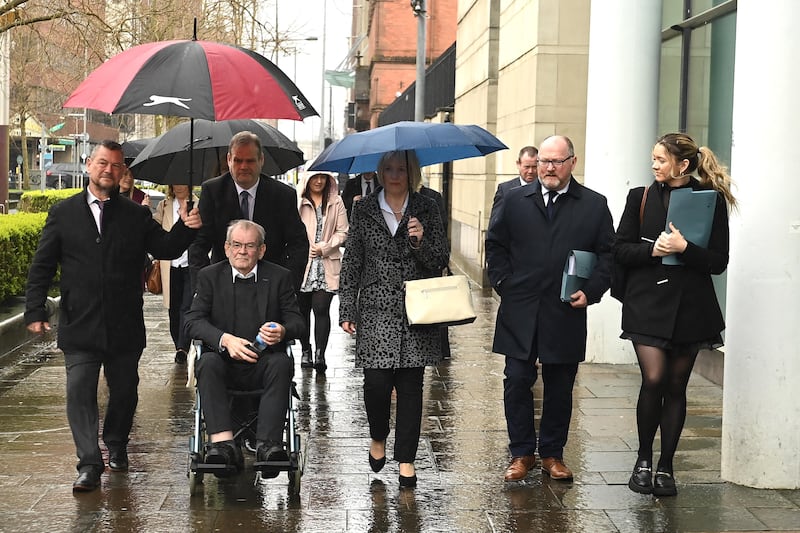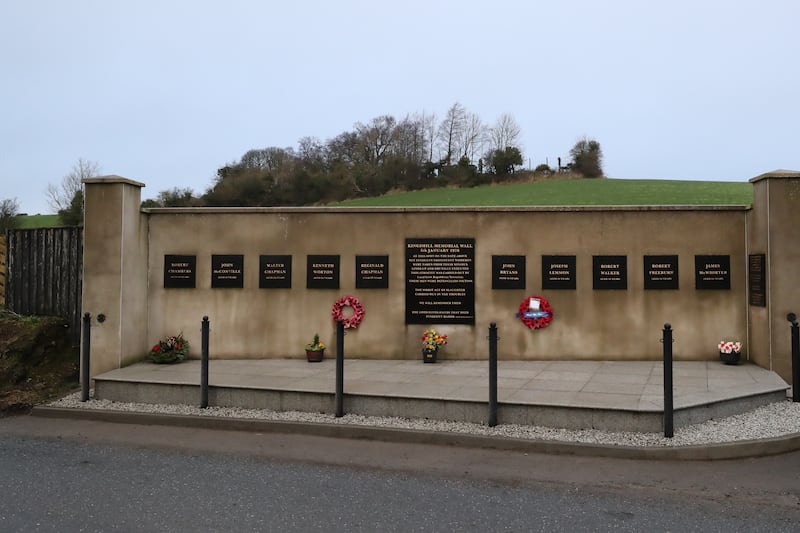A £150m government package to deal with all legacy issues could have been "drained" by a bid to fund inquests alone, the High Court has heard.
Officials were concerned that a Department of Justice (DoJ) paper lacking a proper business case and reform proposals may have left nothing for other planned new bodies, a judge was told.
A lawyer for the Northern Ireland Office (NIO) also rejected claims that the coroners service is in a state of collapse from being starved of resources for more than 50 outstanding Troubles-related inquests.
Responding to allegations in a legal challenge by the widow of an innocent civilian shot dead along with eight IRA men, Tony McGleenan identified 10 hearings set up since 2016 and another three due to begin later this year.
He said: "The suggestion that the Secretary of State and the NIO have conspired to discriminate by blocking or stopping legacy inquest funding is wholly untenable."
Brigid Hughes, whose husband Anthony was killed in Loughgall, Co Armagh in 1987, is seeking to judicially review the governments in London and Belfast for failing to release the funds necessary for a series of inquests.
Proceedings have been issued against the Secretary of State, the Stormont Executive and former First Minister Arlene Foster.
It is claimed that in 2016 the DUP leader unlawfully blocked a paper on bidding for inquest funding before it could be discussed by Executive colleagues.
Those proposals, drawn up by the DoJ, came after Lord Chief Justice Sir Declan Morgan advanced a plan to have a backlog of cases dealt with within five years.
The government indicated that the required financial resources will not be released until political consensus is reaching on dealing with the past.
On day three of the case, Mr McGleenan set out how the 2015 Stormont House Agreement included a five-year plan for the Treasury to fund bodies including a new Historical Investigations Unit and Oral History Archive if Stormont politicians could come to an agreement.
With the overall pot fixed at £150m, the barrister argued that the DoJ paper only covered 16 of the 55 legacy inquests, at a cost of £16.9m over a 19-month period.
He also disclosed that the Attorney General's Office is considering whether to direct inquests in another 72 cases.
If attempts were made to spend all legacy money on inquests it could result in nothing being left for the planned new bodies, it was submitted.
